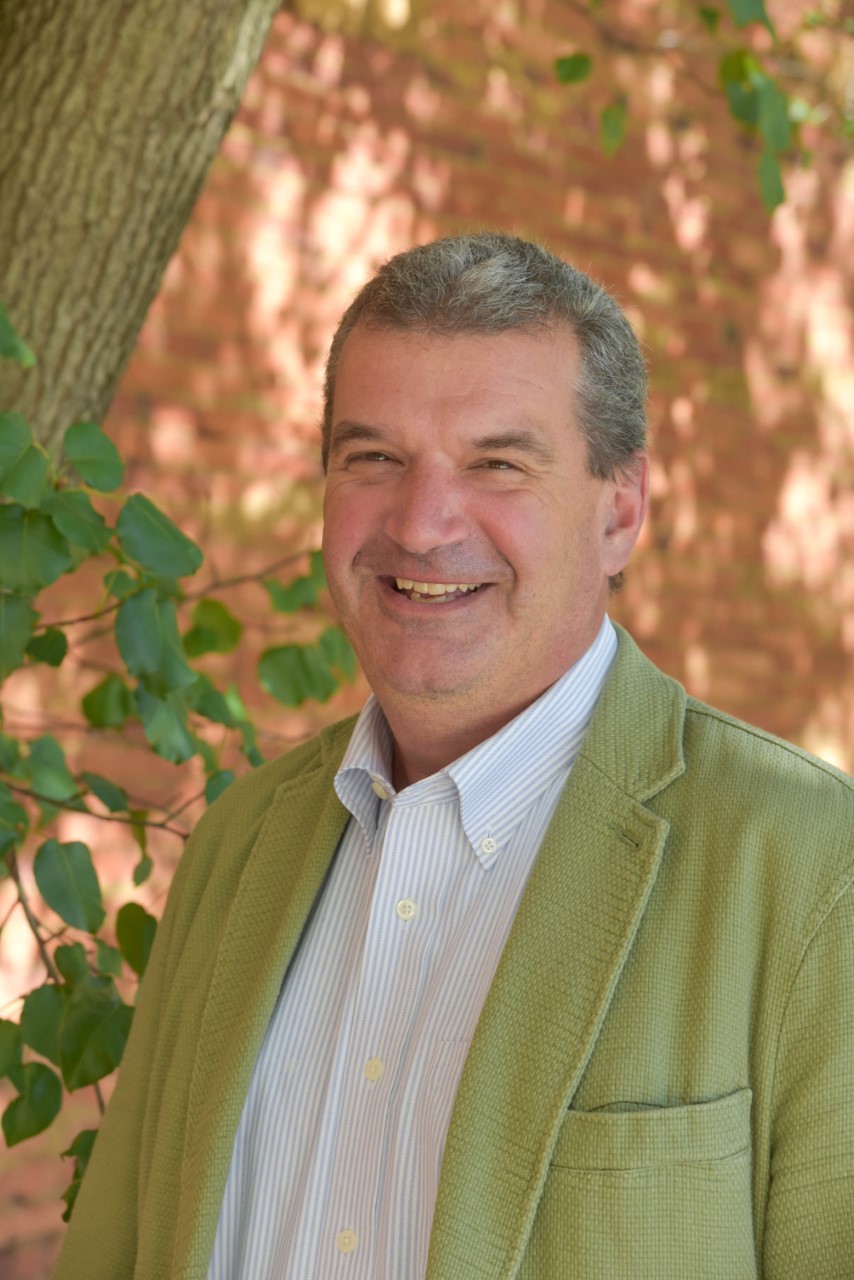
"Ike’s Road Trip: How Eisenhower's 1919 Convoy Paved the Way for the Roads We Travel" with Brian C. Black
Today’s U. S. highway system began with an unforgettable, exploratory, cross-country ride, led by a 28-year-old Army lieutenant colonel, Dwight Eisenhower. As we launch into summer travel, don’t miss the story of Ike’s coast-to-coast journey—two historians’ in-depth look at Ike’s dream of connecting our country with roads, and at Americans’ evolving experience and passion for driving.
Before he led the liberation of Europe, before he became our nation’s 34th President, Dwight D. Eisenhower’s made a road trip in 1919 from Washington D.C. to California. The expedition proved to be a crucial chapter in the history of American culture as it laid the groundwork to make automobile travel the fastest and easiest way to move around the country, also setting in motion the nation’s future love affair with cheap crude oil. World War I had illustrated the importance of being able to move large amounts of troops and equipment quickly over long distances, and Eisenhower’s mission on the road trip was to evaluate whether the country’s emerging network of paved roadways could handle such a task. The 1919 Transcontinental Motor Convoy of eighty-one trucks and other military vehicles traveled more than 3,00 precarious miles along the most famous road of the day, the Lincoln Highway, which ran between New York City and San Francisco. Join author Brian Black and American cultural historian Ted Widmer for a discussion of Ike’s Road Trip and Eisenhower’s visionary work creating a highway system for modern America and, with it, a passion for travel.

Brian C. Black is Distinguished Professor of History and Environmental Studies at Penn State Altoona, where he currently serves as Head of Arts and Humanities. Recognized as a global expert on petroleum history, his research emphasis is on the landscape and environmental history of North America, particularly in relation to the application and use of energy and technology. He is the author of several books, including To Have and Have Not: Energy in World History, Crude Reality, and the award-winning Petrolia. His work has appeared in USA Today, The New York Times, and the Journal of American History. He divides time between central Pennsylvania and Cape Cod and edits the “Energy and Society” book series with West Virginia University Press.

Ted Widmer is a historian and presidential speechwriter whose essays on American history have appeared in The New York Times, The New Yorker, and The Washington Post, among other publications. He has taught or directed research centers at Harvard, Brown, the City University of New York, and Washington College. In 2022, he was awarded a Guggenheim Fellowship. Widmer’s most recent book, Lincoln on the Verge: Thirteen Days to Washington, won the Lincoln Forum Book Prize; Young America: The Flowering of Democracy in New York City, was awarded the Washington Irving Prize. He coauthored Listening In: The Secret White House Recordings of John F. Kennedy, with Caroline Kennedy. In October 2025, the book Wings: The Story of a Band on the Run by Paul McCartney, edited by Ted Widmer, will be published.

